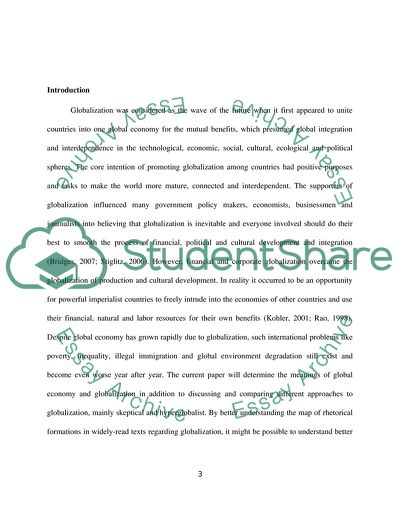Cite this document
(Thinkers on Globalization: Hyperglobalist and Skeptical Views Case Study - 1, n.d.)
Thinkers on Globalization: Hyperglobalist and Skeptical Views Case Study - 1. Retrieved from https://studentshare.org/macro-microeconomics/1752389-review-key-debates-and-thinkers-on-globalisation
Thinkers on Globalization: Hyperglobalist and Skeptical Views Case Study - 1. Retrieved from https://studentshare.org/macro-microeconomics/1752389-review-key-debates-and-thinkers-on-globalisation
(Thinkers on Globalization: Hyperglobalist and Skeptical Views Case Study - 1)
Thinkers on Globalization: Hyperglobalist and Skeptical Views Case Study - 1. https://studentshare.org/macro-microeconomics/1752389-review-key-debates-and-thinkers-on-globalisation.
Thinkers on Globalization: Hyperglobalist and Skeptical Views Case Study - 1. https://studentshare.org/macro-microeconomics/1752389-review-key-debates-and-thinkers-on-globalisation.
“Thinkers on Globalization: Hyperglobalist and Skeptical Views Case Study - 1”. https://studentshare.org/macro-microeconomics/1752389-review-key-debates-and-thinkers-on-globalisation.


